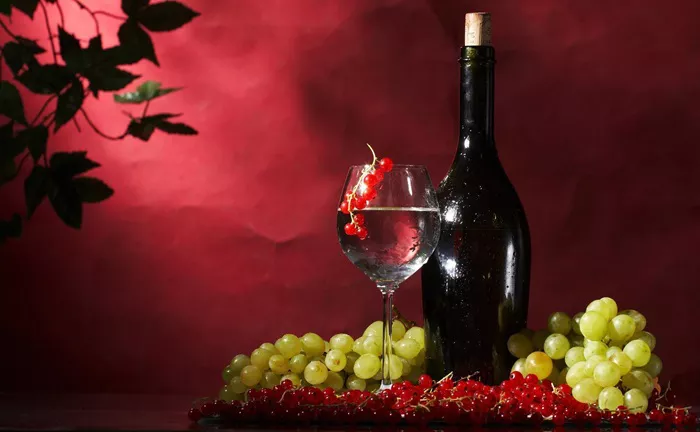Raw Wine Tokyo will return for its second edition at Ota City’s Tokyo Ryutsu Center, taking place from May 10 to 11. This annual natural wine festival will host over 80 natural wine producers from across the globe, including 11 wineries from Japan.
Following the success of last year’s inaugural event, which attracted 2,400 visitors at Shinagawa’s B&C Hall, this year’s festival has expanded its scale. According to Tomomi Manton, public relations representative for Raw Wine Tokyo, the venue has nearly doubled in size, growing from 1,100 square meters to 2,000 square meters.
The 2024 edition is expected to attract a broad range of attendees, with international wine trade professionals from countries such as South Korea, China, Thailand, the Philippines, the United States, and Canada expected to attend. In addition to the diverse visitors, winemakers have expressed excitement about traveling to Japan to explore the country’s growing natural wine scene, which is complemented by its renowned culinary offerings.
Launched in 2012 in London, Raw Wine has since expanded internationally to major cities known for vibrant natural wine scenes, including New York, Los Angeles, and Paris. The festival, founded by Master of Wine Isabelle Legeron, aims to promote natural winemaking practices, which prioritize minimal intervention and a more organic approach to wine production.
Natural winemaking, which often involves techniques such as avoiding filtration and refraining from using preservatives like sulfites, remains a subject of debate. Supporters champion it as the purest form of winemaking, while critics argue that it can lead to wines that may taste spoiled or “funky.” Despite the controversy, the global interest in natural wine continues to grow, with events like Raw Wine leading the way as the largest and most prominent natural wine festival.
To participate in Raw Wine, producers must meet specific criteria established by Legeron. These include using organic farming methods for grape cultivation and minimal intervention in the winemaking process. Producers are also required to submit wine samples, their production methods, and wine analysis data for review.
This year’s Raw Wine Tokyo will feature several renowned international producers, such as Le Clos des Quarterons from France’s Loire Valley, known for its fresh, minerally cabernet franc; Poggio Cagnano from Tuscany, Italy, recognized for wines made from sangiovese, cabernet sauvignon, and merlot; and Roberto Henriquez from Chile’s Bio Bio Valley, whose wines are produced from 100-year-old vines.
The festival will also showcase 11 Japanese wineries, a small but growing community of natural wine producers in Japan. These include new participants like Shindo Wines from Fukuoka, Sawauchi from Aomori, and Natan Winery from Tokushima — all of whom are pushing boundaries to produce natural wines in Japan’s challenging grape-growing climate.
In addition to natural wine producers, Raw Wine Tokyo will feature six sake breweries from Japan that use organic rice, such as Fukumitsuya from Ishikawa Prefecture, Niida Honke from Fukushima, and Terada Honke from Chiba. According to Manton, these sake brewers share a similar approach to the natural wine producers, focusing on clean agriculture and natural fermentation to create beverages that reflect their unique terroir.
The festival will also offer a series of wine seminars, including one titled “Why Old Vines Matter,” which will be conducted in English by representatives from Smallfry Wines (Australia), Chateau La Baronne (France), and Agricola Yumbel Estacion (Chile), moderated by Legeron herself.
You Might Be Interested In:


